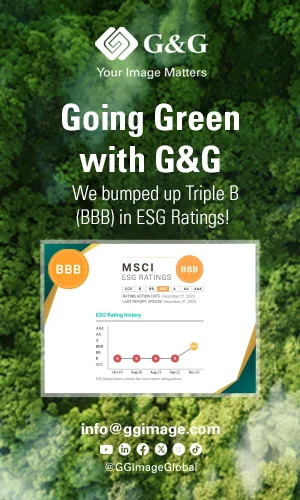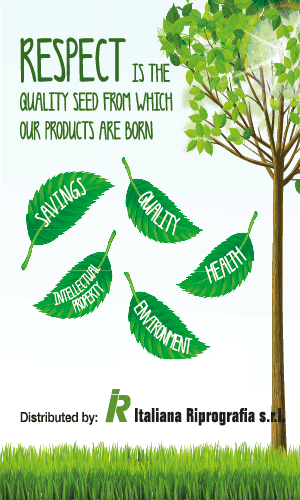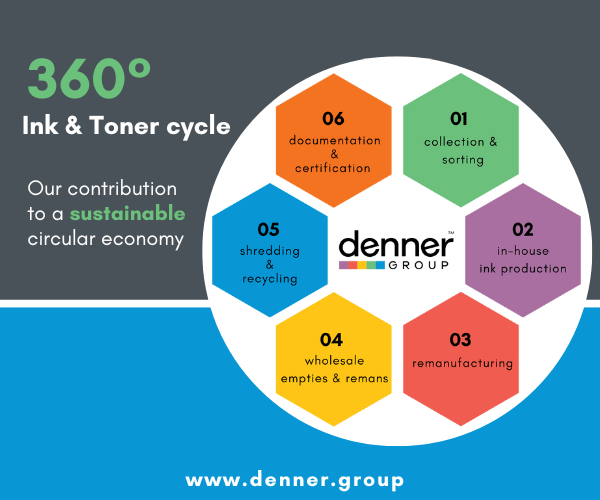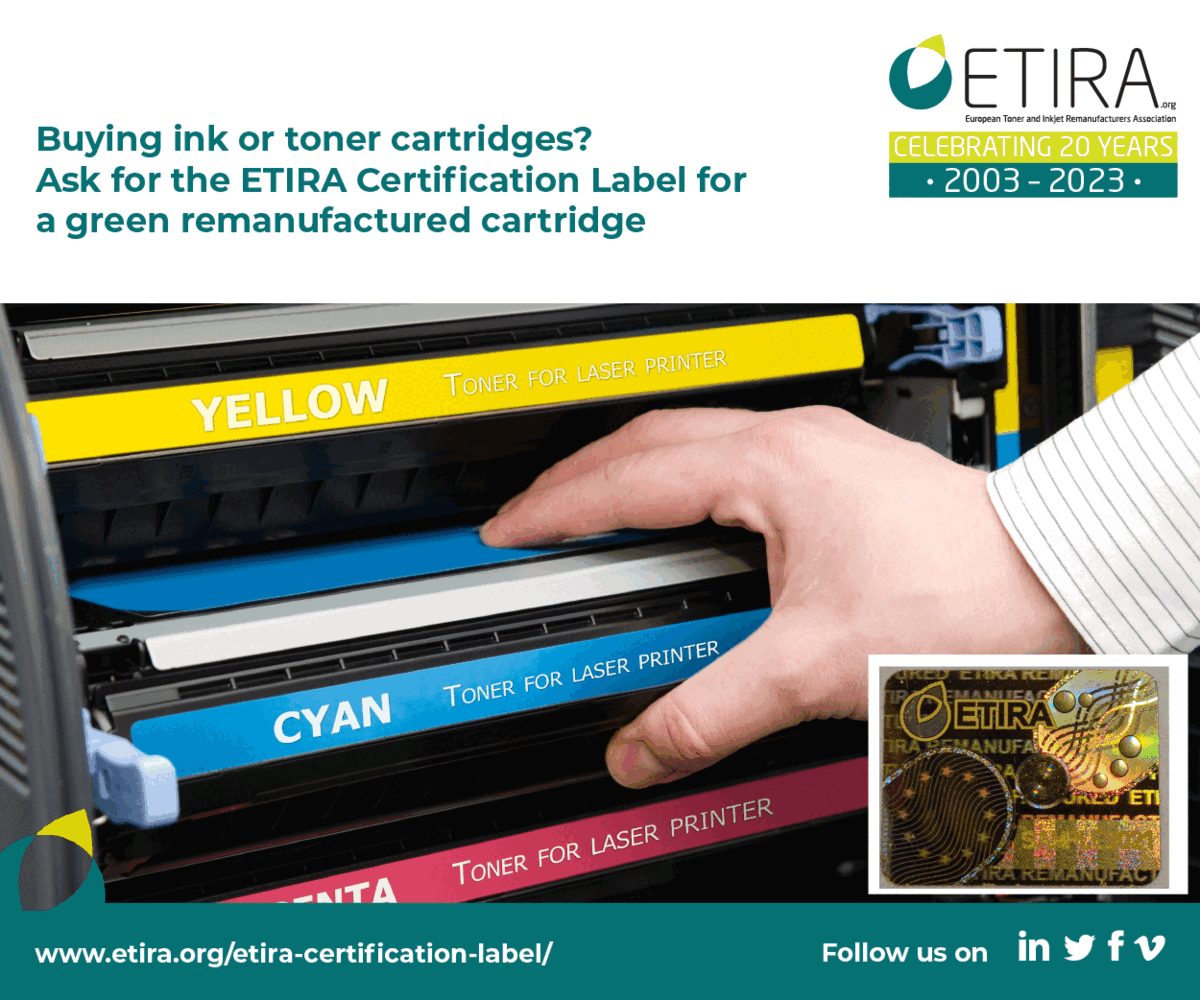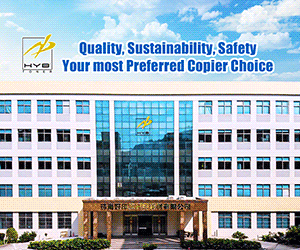E-waste up 21% in five years
July 29, 2020
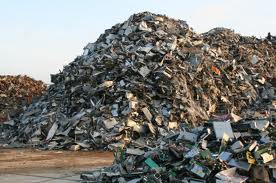 E-waste increases 21% to 53.4 million metric tons in 2019, but only 17.4% is collected and recycled.
E-waste increases 21% to 53.4 million metric tons in 2019, but only 17.4% is collected and recycled.
The third edition of the Global E-Waste Monitor report estimates a record 53.6 million metric tonnes (Mt) of electronic waste was generated worldwide in 2019, up 21% in just five years and predicts global e-waste – discarded products with a battery or plug – will reach 74 Mt by 2030, almost a doubling of e-waste in just 16 years.
This makes e-waste the world’s fastest-growing domestic waste stream, fuelled mainly by higher consumption rates of electric and electronic equipment, short life cycles, and few options for repair.
Only 17.4% of 2019’s e-waste was collected and recycled. This means that gold, silver, copper, platinum and other high-value, recoverable materials conservatively valued at US $57 billion – a sum greater than the Gross Domestic Product of most countries – were mostly dumped or burned rather than being collected for treatment and reuse.
According to the report, Asia generated the greatest volume of e-waste in 2019 — some 24.9 Mt, followed by the Americas (13.1 Mt) and Europe (12 Mt), while Africa and Oceania generated 2.9 Mt and 0.7 Mt respectively. For perspective, last year’s e-waste weighed substantially more than all the adults in Europe, or as much as 350 cruise ships the size of the Queen Mary 2, enough to form a line 125 km long. E-waste is a health and environmental hazard, containing toxic additives or hazardous substances such as mercury, which damages the human brain and / or coordination system.
In 2019, the world generated 53.6 million metric tons (Mt), and only 17.4% of this was officially documented as properly collected and recycled. It grew with 1.8 Mt since 2014, but the total e-waste generation increased by 9.2 Mt. This indicates that the recycling activities are not keeping pace with the global growth of e-waste.
The 2019 figures were broken out by different regions in terms of total weight generated, per capita generation and recycling rate.
Weight generated
- Asia – 24.9 million metric tons
- The Americas – 13.1 million metric tons in the Americas
- Europe – 12 million metric tons
- Africa – 2.9 million metric tons
- Oceania – 700,000 metric tons
Per-capita basis
- Asia – 5.6 kilograms
- The America – 13.3 kilograms
- Europe – 16.2 kilograms
- Africa – 2.5 kilograms
- Oceania – 16.1 kilograms
The recycling rates
- Asia – 11.7%
- The Americas – 9.4%
- Europe – 42.5%
- Africa 0.9%
- Oceania – 8.8%
E-waste is an ‘urban mine’, as it contains several precious, critical, and other non- critical metals that, if recycled, can be used as secondary materials. The value of raw materials in the global e-waste generated in 2019 is equal to approximately $57 billion (€48 billion). Iron, copper, and gold contribute mostly to this value. With the current documented collection and recycling rate of 17.4%, a raw material value of $10 billion (€8.5 billion) is recovered in an environmental sound way from e-waste globally, and 4 Mt of raw materials could be made available for recycling. The recycling of iron, aluminium, and copper contributed to a net saving of 15 Mt of CO2, equivalent to emissions from the recycling of secondary raw materials substituted to virgin materials.
Challenges
E-waste contains several toxic additives or hazardous substances, such as mercury, brominated flame retardants (BFR), and chlorofluorocarbons (CFCs), or hydrochlorofluorocarbons (HCFCs). The increasing levels of e-waste, low collection rates, and non-environmentally sound disposal and treatment of this waste stream pose significant risks to the environment and to human health. A total of 50 t of mercury and 71 kt of BFR plastics are found in globally undocumented flows of e-waste annually, which is largely released into the environment and impacts the health of the exposed workers.
In 2018 The Recycler reported that decaBDE, a brominated flame retardant (BFR), had been found in a series of cartridges tested by the German lab TüV Rheinland/LGA on behalf of ETIRA, the European Toner and Inkjet Remanufacturers’ Association.
The results showed that four cartridges had DecaBDE levels ranging from 2,000 mg/kg to a staggering 17,000 mg/kg, although only 1,000 mg/kg is allowed under the EU’s RoHS directive (Restriction on Hazardous Substances) 2011/65/EU.
Improper management of e-waste also contributes to global warming. First of all, if the materials in e-waste are not recycled, they cannot substitute primary raw materials and reduce greenhouse gas emissions from extraction and refinement of primary raw materials. Next, the refrigerants that are found in some temperature exchange equipment are greenhouse gases. A total of 98 Mt of CO2-equivalents were released into the atmosphere from discarded fridges and air-conditioners that were not managed in an environmentally sound manner. This is approximately 0.3% of global energy-related emissions in 2019 (IEA).
Categories : Around the Industry
Tags : DecaBDE ETIRA Global E-Waste Monitor




